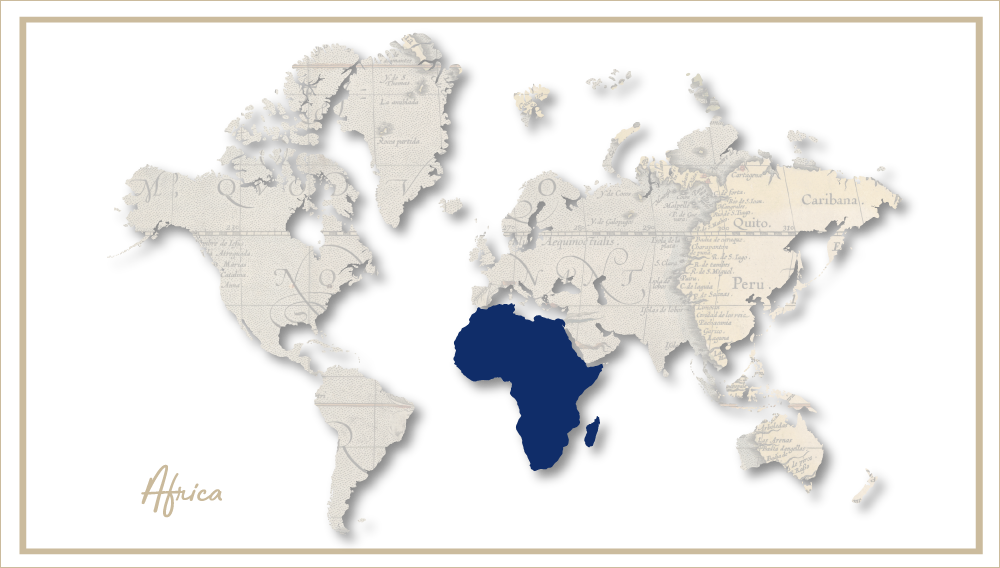Brewers survive in a failed state
Congo | It may be strange that in a country like the Democratic Republic of Congo (DRC), which has been ravaged by wars almost incessantly since it gained independence from Belgium in 1960, brewers continue to thrive. But this is the case. In 2016, the country’s two brewing groups managed to brew an estimated 4.6 million hl beer, according to the Barth Report.
Yet the brewers’ real achievement is not making beer. It is distributing the beer. As argued The Economist newspaper recently, “Congo is one of the worst-connected, most dysfunctional countries on earth.” Four times the size of France with an estimated 80 million inhabitants, “it has almost no all-weather roads. In large parts of eastern DRC, the state is a fiction and rebels control the roads. Yet there is scarcely a village where it is impossible to get a beer.”
The country’s leading brewer, Bralima, which today is owned by Dutch Heineken, was founded in 1923. Its main competitors, Bracongo and Brasimba, both owned by Castel, a secretive French family firm that operates across Africa, have been there almost as long. They are among the only surviving companies from the colonial era. Since then various rulers have looted the country and thrown it into turmoil.
Other food companies, like Swiss Nestlé, have found the country tough going. After years of booking losses, Nestlé in January 2018 closed its local plant, where it manufactured Maggi stock cubes, axing 120 jobs.
Unsurprisingly, most processed food in Congo is imported. Milk is brought in from France. But beer is patently local. Bralima, including its sales and the production of its raw materials, accounts for two percent of GDP, says The Economist. Mining (DRC is rich in cobalt and coltan, which are used in electronic products), on the other hand, contributes 22 percent to GDP.
But with about 2,500 workers, Bralima claims it is the biggest private-sector employer in the country and Primus, its main brand, is a source of national pride.
Castel’s operations may be as large and the two companies compete fiercely with apparently no holds barred, after Castel had to cede market leadership to Heineken. This has led some academics to talk about “conflict beer” much on the same lines as “conflict diamonds”.
In 2013, when M23, a new rebel movement, emerged, two academics, Jason Miklian and Peer Schouten, estimated that third-party truckers selling Bralima’s beer might have been making payments to rebel groups of as much as USD one million a year. To the likes of us, these payments might better be called bribes or extortion, but the brewers prefer to see them as local taxes.
Today, no large towns are rebel-controlled but the work is almost as difficult. As The Economist has the story, “in 2012 Castel opened a brewery in Beni, a small city in the northeast of the country, at a cost of USD 125 million. A year later, Beni suffered the first of dozens of massacres that have killed up to 1,000 people over the past five years. The roads out of the city are among the least secure in the world. Nonetheless, Tembo and Skol – Castel’s brands – are sent from Beni to markets far and wide.”
The firms’ distribution networks are unparalleled. On the Congo river, says The Economist, barges operated by Bralima are among the only vessels left operating a regular schedule. “Outside of the big cities, distribution is outsourced – presumably to people able to limit the extortion.”
Even moving in the peaceful parts of the country is expensive. The Economist reckons that travelling 1,000 km can take a lorry three weeks, at a cost of thousands of dollars. Producing beer in the DRC is also pricey. Heineken estimates that the cost of water alone is five times that in neighbouring Congo-Brazzaville. Even in Kinshasa, electricity is unreliable, making the Bralima generator – big enough to power a small cruise liner – necessary. The genera tor has to be fuelled with imported fuel. Pricey again.
Until a few years ago, DRC was a major profit spinner for Heineken in Africa. But the situation has changed. In February 2018, Heineken declared a USD 353 million impairment loss for 2016 in Congo, after closing down two of its factories.
Apart from domestic competition, Bralima has to contend with illegal imports. In western Congo, Angolan beer in cans, which is sold at a lower price than Primus or Tembo, has flooded the market. “It is not sold at cost since the smugglers’ main aim is to acquire dollars to trade on the black market in Angola”, argues The Economist.
But in all likelihood, brewing in Congo will survive. Even in times of war, Africans like their beer.

